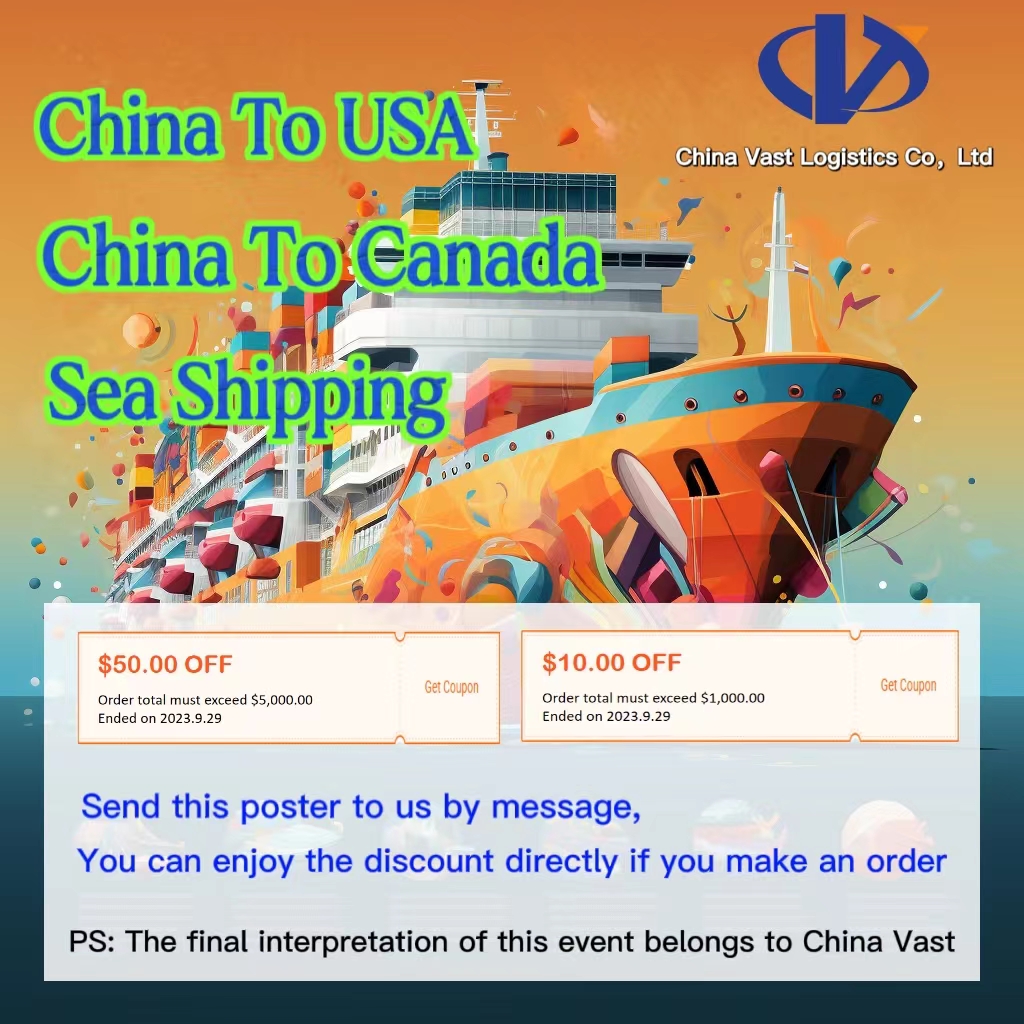📌 U.S. to Begin Tariff Talks with 18 Countries — China Not Included
According to a recent Reuters report, the U.S. government plans to initiate a series of tariff negotiations over the next two months with 18 major trade partners. These discussions, scheduled at a pace of six countries per week, aim to conclude before the 90-day tariff exemption window ends on July 8.
However, China is notably absent from the list of negotiation partners, raising questions about the future of U.S.-China trade relations amid rising protectionism.
🧾 EU Considers Tax Reform to Ease Tensions
In a parallel move, the European Union is weighing adjustments to its 15% minimum corporate tax policy, potentially as a diplomatic gesture to reduce friction with the U.S.
🛒 U.S. Retailers Break Silence — Resume Trade with Chinese Suppliers
While China is left out of official negotiations, major U.S. retailers such as Walmart, Home Depot, and Target have already taken action. These companies have resumed shipments with Chinese suppliers that had been suspended due to the tariff war.
More importantly, they have agreed to shoulder the tariff costs themselves, a significant reversal that signals urgency and strategic adaptation.
📉 Supply Chain at Risk: U.S. Retailers Faced Inventory Collapse
The move comes as a response to growing fears of supply chain breakdowns. During the height of the tariff standoff:
Over 40% of basic goods faced supply disruption risks.
Seasonal items like holiday decorations were among the hardest hit.
Chinese suppliers, facing over 40% profit compression, had paused shipments to the U.S.
Retailers, deeply reliant on Chinese manufacturing, have found the risks of non-cooperation too costly to bear.
📦 Why the Shift? A Matter of Survival
Analysts point out that this resumption is a forced hand rather than a strategic choice. Walmart alone sources about 40% to 60% of its goods from China, much of it via ocean freight (approx. 1 million TEUs annually).
In the face of mounting losses, absorbing tariff costs becomes a price worth paying to preserve shelf availability and customer loyalty.
🔍 What This Means Going Forward
This episode reflects a broader trend: U.S. businesses are adapting to the high-tariff environment imposed by the Trump administration. Even as political rhetoric leans toward decoupling, commercial realities point toward interdependence.
Whether this private-sector shift will influence future policy remains to be seen, but the message is clear: the market demands continuity, even when politics disrupt it.

